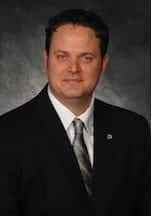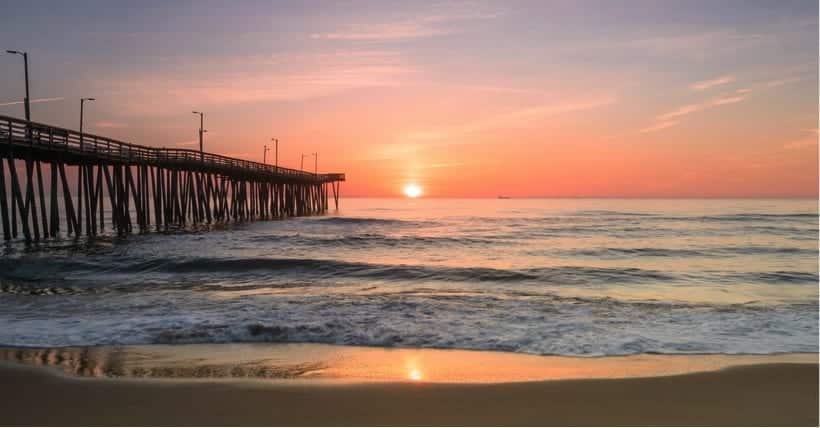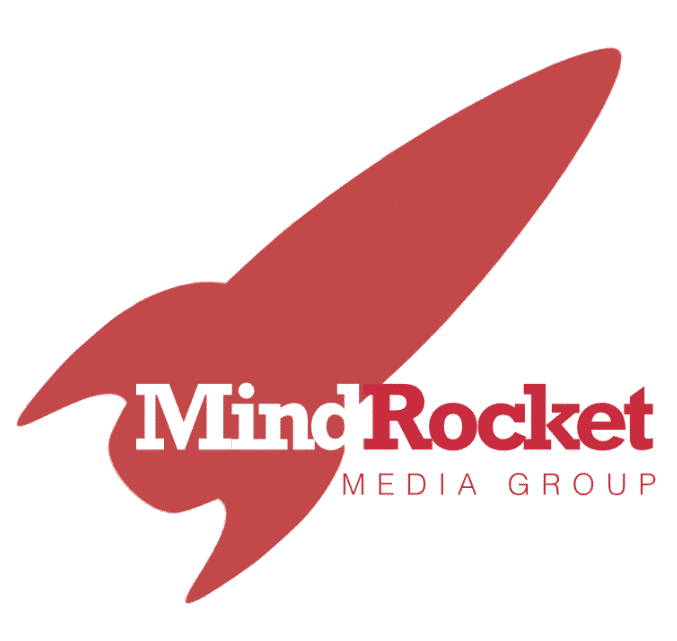Table of Contents
Blending Sustainable Practices with Student Learning
“In Virginia Beach, we’re really interested and focused on sustainable practices and teaching children sustainable practices. We sit on the confluence of the Chesapeake Bay and the Atlantic Ocean and we are one of the most threatened cities in America with regard to sea level rise.”
The education industry in the U.S. could use a lot more leaders like Aaron Spence, Superintendent of Virginia Beach City Public Schools. Aaron is a powerful leader and visionary who is candid and forthcoming about his ideas. Plainly put, he is not afraid to openly discuss what is and is not working in American education.
Aaron Spence took over as school chief in Virginia Beach in 2014. He recalls coming to Virginia Beach for the first time and touring 16 schools that weren’t fully accredited. Today, the number stands at five.

Spence speaks passionately about his belief in a well-rounded education. Students are exposed to innovative ideas and real-world issues, like incorporating learning and science teaching around environmental solutions. The somewhat robotic “drill-and-kill” teaching style that has been popularized to help kids pass standardized tests, remains a false indicator of real student achievement. Aaron believes in a more personalized approach to learning that incorporates a strong sense of student ownership.
People are starting to take notice of Aaron’s fine work. In May of 2017, he was named Virginia’s top school superintendent after already being named a top regional superintendent.
Interview Excerpts
On Funding and Partnerships:
Dr. Berger: How do you look at incorporating the private sector within your community in Virginia Beach?
Aaron Spence: It’s a great question. First of all, let’s just clear up the funding questions. 85% of the dollars that we spend are on people. One of the reasons we spend what we spend is because of our efforts to retain high-quality teachers. And I don’t think there are too many people in the world who would argue that our teachers are not paid at the high professional level that we probably should pay them.
I think there is a shortage of funding that continues to be an issue that plagues us all. That said, I do think it’s really important that we continue to be innovated and think about how we bring private partners and other public partners into the conversation in our classrooms, as well as, classroom conversations into their world and their work.
You hit on the most important thing – our students have the opportunity to really experience what they’re going to be doing when they leave here before they leave here, in safe learning environments.
That’s where the real power and potential of partnerships exist. I’ll give you a great example. We have a wonderful partner in a local manufacturer ─ Stihl. You probably know Stihl. They’re the organization that makes chainsaws. Their manufacturing facility for America is here in Virginia Beach.
They came to us with the need to develop skills around robotics. They are a very automated factory. They need people who can both work beside the robots and those that can program the robots to be effective in the factories.
They have an apprenticeship program to train those skills. We worked with them to develop a set of college-level course work that our kids could pursue through our local community college along with some preparatory career and technical education classes in our schools.
If they complete those sequence of courses, they’re taking a few of those kids, at the high level, into the apprenticeship program. The result is – before they graduate from us, they’ve already had a year of apprenticeship with Stihl.
It’s a partnership. We could never afford to pay for the kind of apprenticeship learning and they’re getting really skilled students coming out of our schools who are ready, willing, and capable of going right down to the floor and doing the work that they’ve asked us to help prepare them to do.
One of the things that’s a North Star, relative to the students, is the idea of literacy instruction. We think we can always do more in terms of preparing students to be better readers, writers, and thinkers.
We have engaged our city in some incredible partnerships around literacy instruction. We’re looking at early childhood education – how do we continue to grow access to that? That’s where we’ve really focused a lot of our time and energy on building partnerships.
There are civic partnerships ─ leveraging the resources of your city. Working closely with our library, working closely with our GrowSmart Program, and reaching out to the public charity sector.
We have a great relationship with United Way under the umbrella of United for Children, and multiple examples of partnerships like that with local museums that help us teach children to read, in ways that we could not do without.
On Sustainable Practices:
Aaron Spence: One of the greatest aspirations of educators ought to be that children never ask why they’re learning something. They always know. And in order to do that, it has to be connected to authentic experiences and authentic challenges. How do we create a conversation where we’re actually measuring those things?
For example, here in Virginia Beach, we’re interested and focused on sustainable practices and teaching children sustainable practices.
Why?
Because we sit on the confluence of the Chesapeake Bay and the Atlantic Ocean and we are one of the most threatened cities in America with regards to sea level rise.
We think those are some significant challenges our students are going to have to solve. How do we report how they are thinking about those challenges and solving those challenges when what our state wants us to report is a score in an earth science exam?
And so, what we need to do is figure out a more meaningful way to assess student’s learning, a way that’s really driven by their own sense of purpose. Self-assessment is one of the most powerful predictors of student achievement.
We ask our kids, “How would you tell us that you’ve integrated the concepts of earth science, biology, chemistry, and engineering to design solutions to our stormwater challenges in Virginia Beach?” They would tell us a way to accomplish that. If we could convince our state legislature and our colleges to look at those demonstrations of mastery as examples of the apex of learning that we’re looking for from these kids, I think we would really be onto something exciting in our schools and in our states.
About Dr. Aaron Spence
 Dr. Aaron Spence assumed the leadership of Virginia Beach City Public Schools (VBCPS) June 23, 2014. As superintendent, he oversees the operation of 86 schools (serving almost 69,000 students) as well as all administrative support functions for the school division. Dr. Spence is a proud graduate of Green Run High School in Virginia Beach.
Dr. Aaron Spence assumed the leadership of Virginia Beach City Public Schools (VBCPS) June 23, 2014. As superintendent, he oversees the operation of 86 schools (serving almost 69,000 students) as well as all administrative support functions for the school division. Dr. Spence is a proud graduate of Green Run High School in Virginia Beach.
Before his Virginia Beach appointment, Spence served as Superintendent of Moore County Public Schools in North Carolina. During his tenure there he launched a division-wide digital learning initiative designed to put a digital device, such as a laptop or tablet, in the hands of every student and teacher.
Additionally, Dr. Spence was chief high school officer of the Houston Independent School District (HISD), the eighth largest school district in the country. He helped decrease HISD’s drop-out rate and increase the graduation rate to an historical high.
Dr. Spence began his career in Virginia as a French teacher and photojournalism teacher. Prior to leaving Virginia, he served as an assistant principal and later as a principal in Henrico County Public Schools. He also served as chief academic officer and director of curriculum and instruction for Chesterfield County Public Schools.
Follow Dr. Aaron Spence on Twitter



